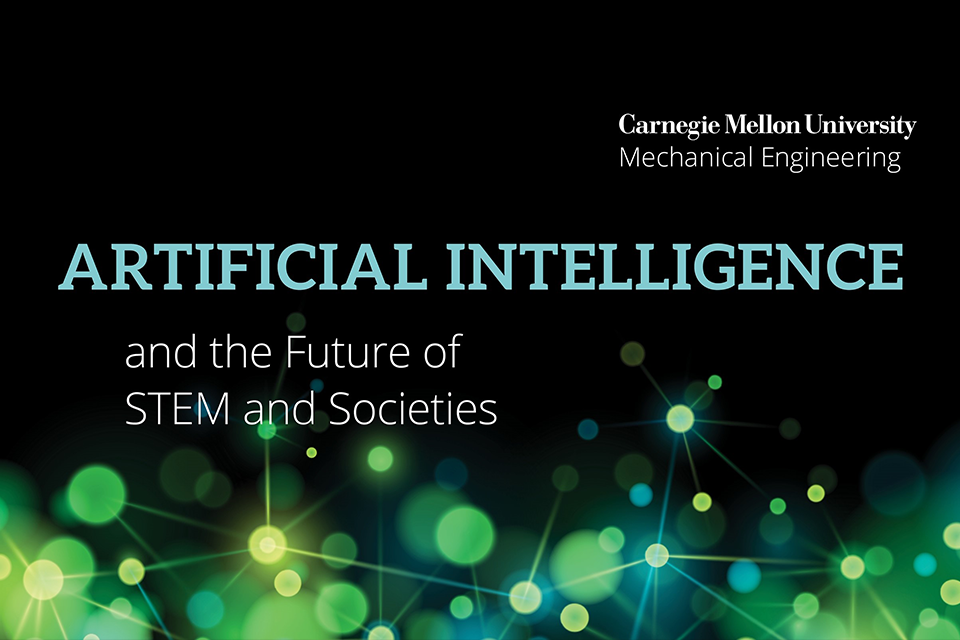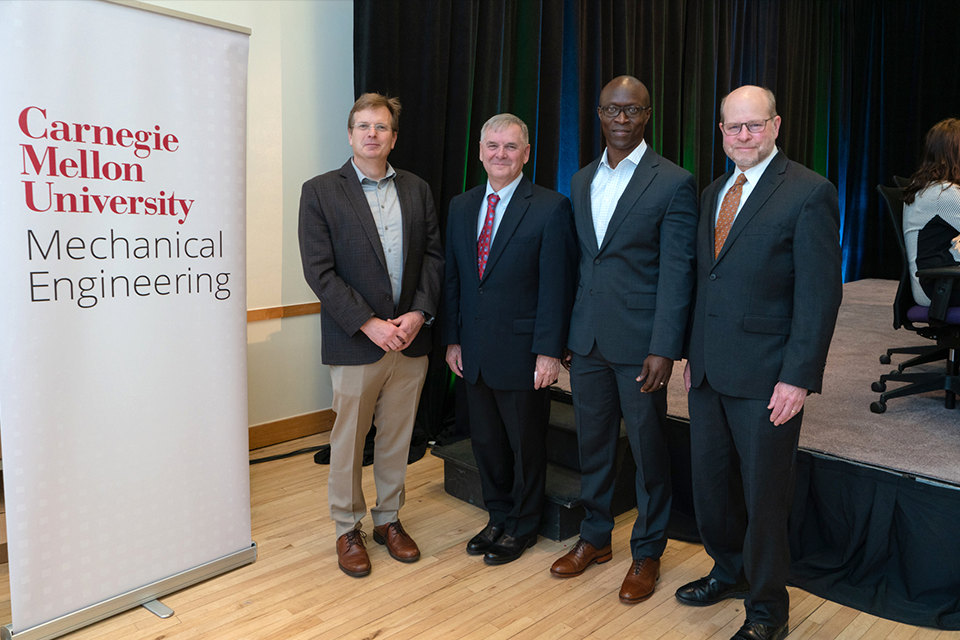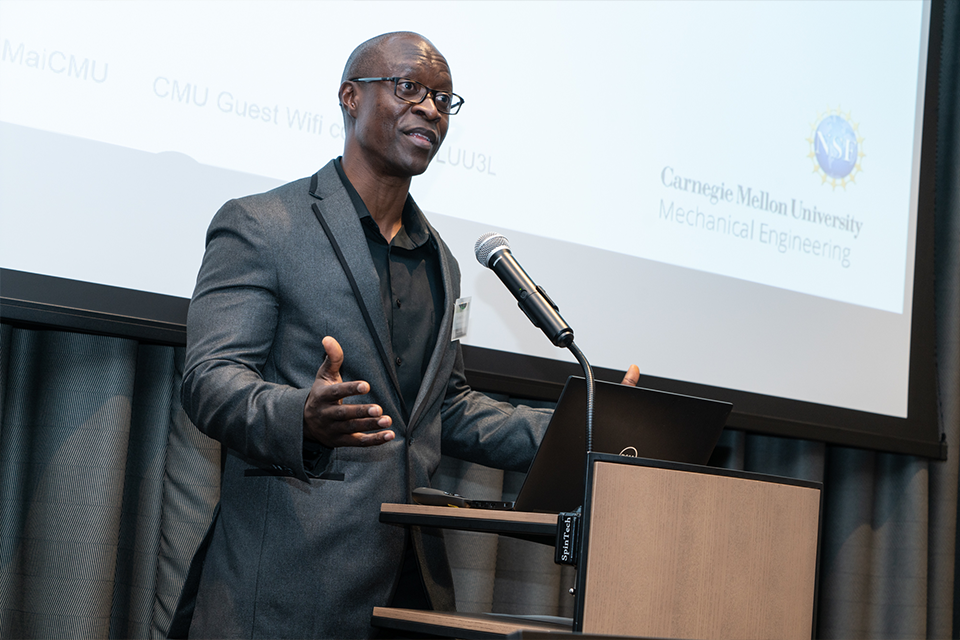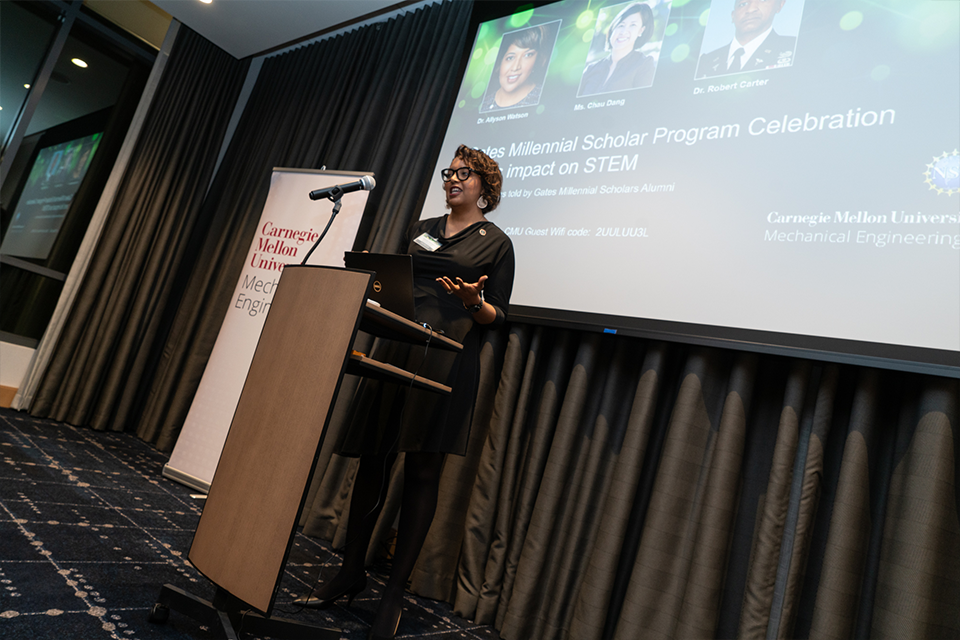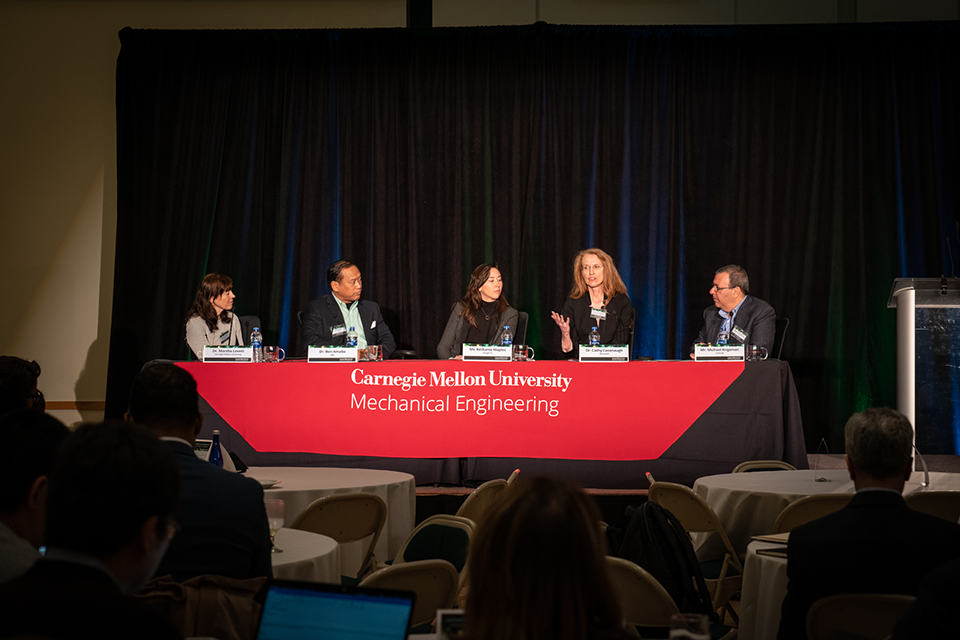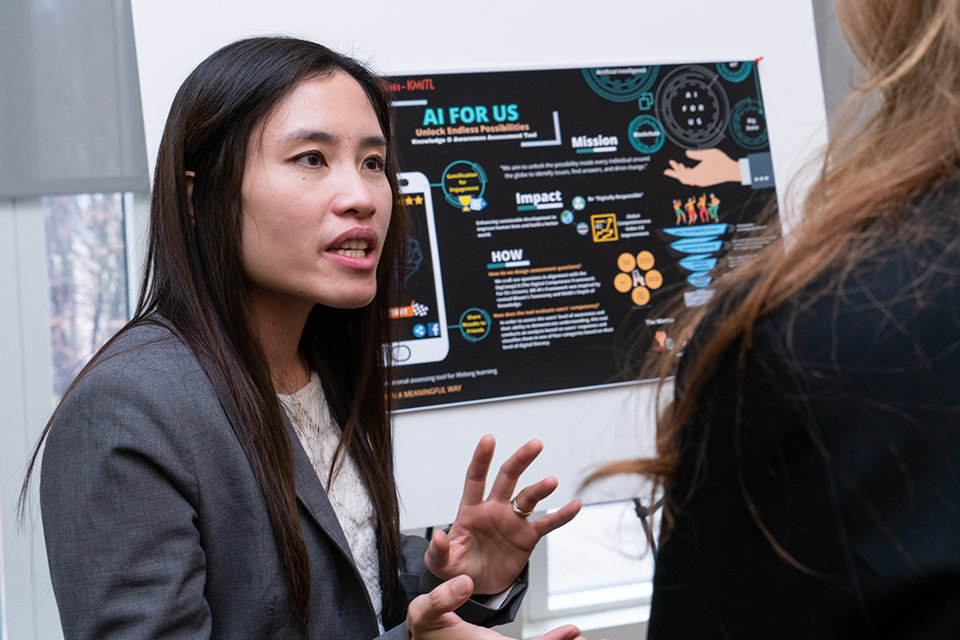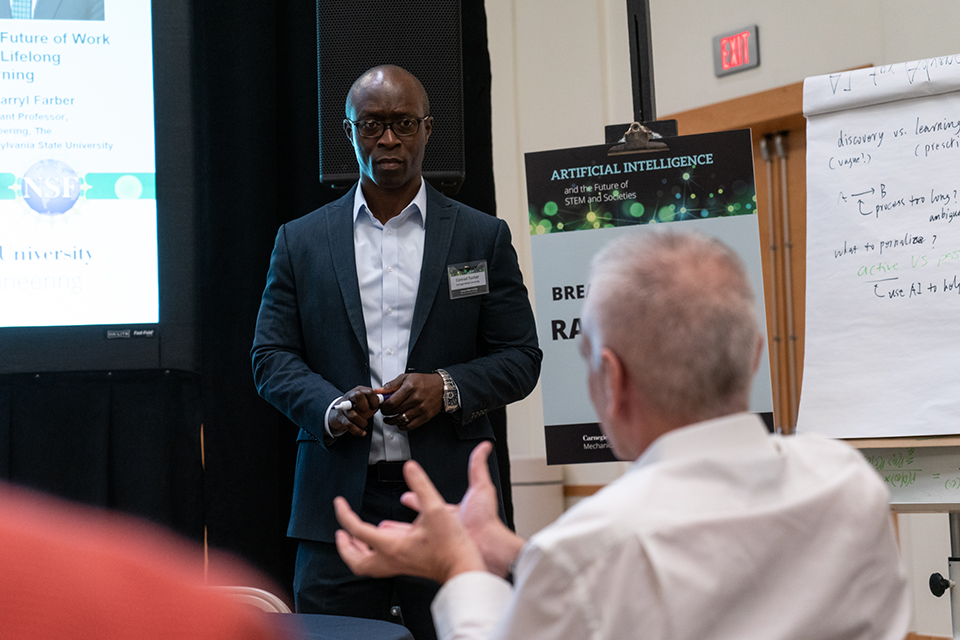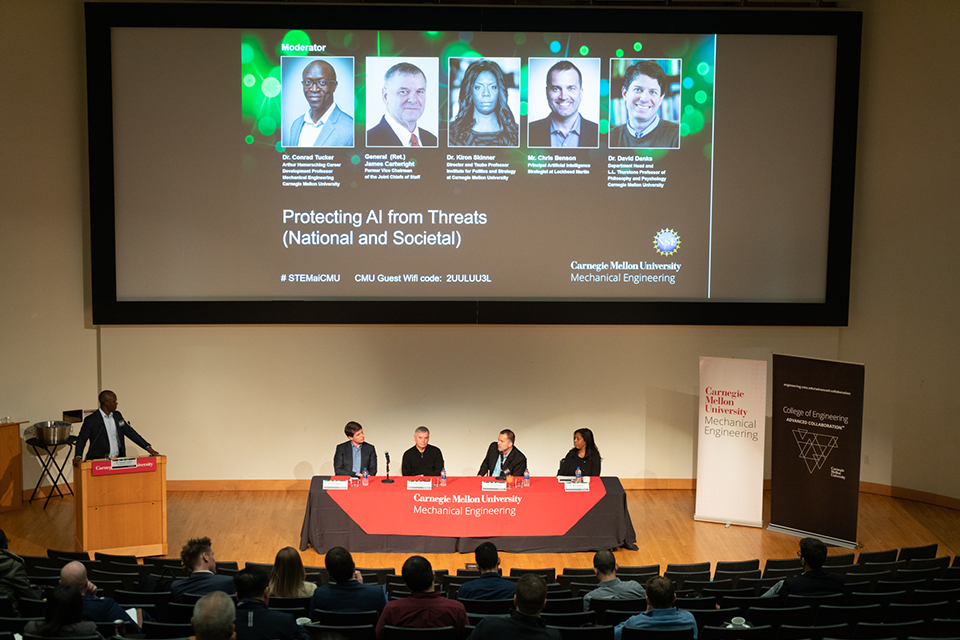Society, STEM, and AI
Experts converge at Carnegie Mellon University, the birthplace of artificial intelligence, to discuss how AI can transform STEM education and workforce development today, tomorrow, and beyond.
As technology continues to evolve at lightning speed, the need to educate a diverse and dynamic workforce in STEM (science, technology, engineering, and mathematics) fields is critical. While artificial intelligence (AI) is a powerful tool that offers great potential to broaden access to education, it can be used in ways that divide and discriminate.
These and other ideas brought together experts from industry, government, and academia to the Workshop on Artificial Intelligence and the Future of STEM and Societies held at Carnegie Mellon University on December 2-3.
The institution was a fitting location for the event; it was on this campus that two professors, Allen Newell and Herb Simon, pioneered the foundations of artificial intelligence decades ago. Today, AI and machine learning are crossing disciplines and boundaries at Carnegie Mellon.
The resounding positive feedback affirms the need for complex societal challenges pertaining to AI and STEM to be addressed by a diverse set of experts.
Conrad Tucker, Professor, Mechanical Engineering
Day 1 of the workshop focused on exploring current and future AI technologies that could potentially help personalize learning and enhance the efficiency in which individuals attain knowledge and skills, both in academia and industry. Day 1 also discussed AI’s role in shaping the evolving nature of jobs and the tasks that individuals receive value for. Day 2 of the workshop focused on mitigating biases and security threats posed to AI, as society moves toward a more automated future. Conrad Tucker, a professor of mechanical engineering, conceived of the workshop earlier this year and reached out to AI and STEM experts to make the idea become reality.
“The resounding positive feedback received during and after the workshop affirms the need for complex societal challenges pertaining to AI and STEM, to be addressed by a diverse set of experts. Participants including engineers, social scientists, philosophers, and educators, were provided a platform where their thoughts and insights could be shared and valued,” said Tucker.
Kicking off the workshop was an evening reception on Sunday, December 1 to celebrate the 20th anniversary of the Gates Millennium Scholars (GMS) Program and its impact on STEM. The GMS program aims to promote academic excellence and to provide an opportunity for outstanding underrepresented students to reach their fullest potential.
“The GMS program highlights the value and impact of investing in education, and in particular, STEM education. I was glad that Ms. Chau Dang of NVIDIA, Dr. Allyson Watson of Florida A&M University, and Dr. Robert Carter of the Army Futures command, were all able to participate in the reception and share their stories about being Gates Millennium Scholars,” said Tucker, a GMS alumnus himself.
Over the course of the workshop, keynote speakers addressed national and global impacts of AI and STEM and offered an industry perspective of building capabilities in the digital age. Panels discussed topics such as how AI can enhance STEM knowledge acquisition and application, challenges of biases in AI data sets, and protecting AI from national and societal threats. Breakout sessions allowed participants to brainstorm and share ideas.
“I am very thankful and appreciative of Provost James Garrett for welcoming participants at the opening workshop reception, Interim Dean Jon Cagan for his leadership and guidance throughout the workshop planning process, and MechE Department Head Allen Robinson for his unwavering support of the workshop and its relevance to MechE. I would also like to thank Ms. Kelly McQuoid, Ms. Natasha Young, and the entire workshop planning team here at CMU for their help in making the workshop a success. This was definitely a team effort,” said Tucker.
Participants did not see the conclusion of the workshop as the end of the conversation. Next steps include prioritizing action items in AI and STEM education and workforce development, establishing new research teams, developing a network of advisors for future initiatives, and disseminating the ideas and discussions to the community through publications and other digital media. Progression of these activities will be publicly-accessible through the workshop hashtag #STEMaiCMU.
At Carnegie Mellon, where AI and machine learning cross disciplines and boundaries daily, the conversation also continues.
“Through our CMU STEM initiatives, not only are our undergraduates and graduate students deeply exposed to AI and machine learning, but CMU is a foundational leader in terms of using these methods to create online educational mechanisms such as the Simon Initiative where AI is used to create the next generation of learning technology,” said Jonathan Cagan, interim dean of the College of Engineering, in his opening remarks.
The workshop was sponsored by the National Science Foundation (NSF) Undergraduate Education (DUE): grant 1941782.

